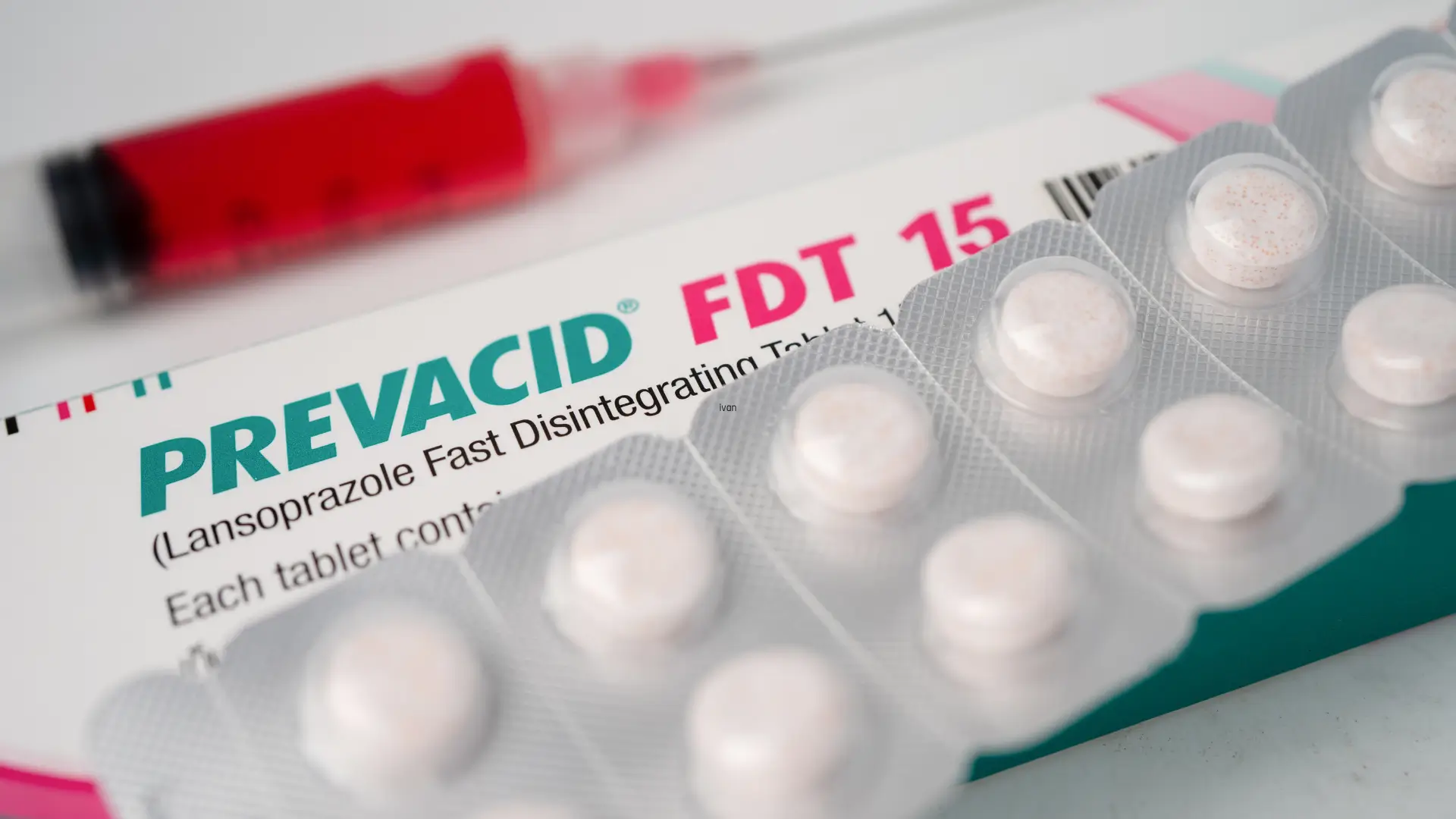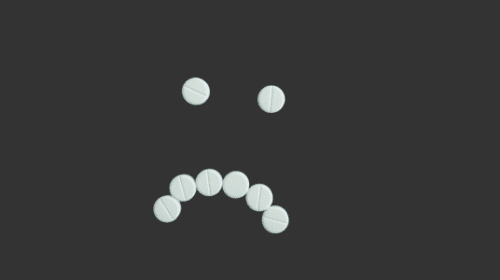Many people worldwide face daily pain and inflammation, which can hinder their daily activities and make simple tasks difficult. To manage these discomforts, Naproxen is a widely used nonsteroidal anti-inflammatory drug (NSAID) that effectively reduces pain and inflammation. However, it is crucial to use Naproxen responsibly and be aware of the risks of combining it with other substances, including alcohol.

What is Naproxen?
Naproxen[1] is an NSAID medication for alleviating pain, similar to Ibuprofen, reducing inflammation and lowering fever levels. Its mechanism of action involves the inhibition of cyclooxygenase (COX) enzyme activity, responsible for synthesizing prostaglandins, which are hormone-like substances that contribute to the body’s inflammatory responses. By blocking COX enzymes, Naproxen effectively minimizes inflammation and relieves pain.
Common Uses of Naproxen
Found in popular brand names like Aleve® and Midol®, Naproxen is primarily utilized for its pain-relieving properties. Naproxen is available both over-the-counter (OTC) and by prescription. OTC versions are typically used for mild to moderate pain, while prescription-strength Naproxen is used for more severe conditions. Among its most used applications are:
Treating Pain and Inflammation
Naproxen is commonly prescribed to relieve pain and inflammation caused by various conditions such as:
- Arthritis: It is common for Naproxen to be used as a pain reliever and to reduce inflammation. This medication is specifically used to manage cases involving osteoarthritis, rheumatoid arthritis, and ankylosing spondylitis.
- Tendonitis and Bursitis: Tendonitis and bursitis are two health conditions that can cause inflammation in the tendons and bursa, respectively.
- Gout: Managing acute gout attacks often involves administering Naproxen. This medication effectively reduces inflammation and alleviates pain, making it a popular choice among clinicians.
Menstrual Pain
Naproxen has become a trusted remedy for women dealing with menstrual pain or dysmenorrhea. It helps combat the secretion of prostaglandins responsible for uterine contractions and associated discomfort during menstruation.
Migraine Relief
Although not typically the predominant solution for migraines, Naproxen can alleviate migraine discomfort and symptoms. This medication is generally prescribed with other specialized treatments to manage all migraine symptoms.
Postoperative Pain Management
Naproxen may be prescribed when pain and inflammation are present after surgery. This prescription effectively decreases the demand for opioid-based medications, mitigating the possibility of addiction and other adverse effects when seeking pain relief.
Side Effects of Naproxen
Using Naproxen[2] can come with the possibility of experiencing undesired symptoms. Specific symptoms commonly linked with taking Naproxen consist of:
- Stomach pain or discomfort
- Heartburn
- Nausea
- Increased Blood Pressure
- Headache
- Dizziness
Naproxen may have severe side effects that could impact someone’s health in various ways, including gastrointestinal bleeding and ulcers. Consulting with a health professional is essential before use.
Disclosing your medical history and others you are currently taking will allow the healthcare service provider to advise accordingly while minimizing the possibility of heart attacks or strokes.
How Naproxen and Alcohol Interact
The ability of Naproxen to alleviate pain relies on its ability to hinder cyclooxygenase (COX)-mediated prostaglandin synthesis – a critical process that causes inflammation-related symptoms.
While many other painkillers target just one subtype of COX enzyme – either COX 1 or COX 2 – Naproxen actively inhibits both enzymes, delivering rapid yet sustained relief from painful conditions in patients who need it most.
Alcohol is a CNS depressant that impacts the brain and spinal cord. It operates mainly on the neurotransmitter GABA, which controls nerve activity in the brain. Enhancing the levels of GABA reduces nerve excitability, resulting in a sensation of relaxation and sedation.
The interplay of Naproxen and alcohol occurs at the metabolic level as both substances are metabolized by cytochrome P450 enzymes in the liver. When taken together, these substances may compromise the liver’s capacity to process them efficiently, increasing their levels in the bloodstream. This interaction may impact the effectiveness of Naproxen and the elimination rate of alcohol.
Risks of Combining Naproxen and Alcohol
Combining Naproxen with alcohol use is not recommended due to the potential risks associated. Below are the most common dangers of combining these two substances:
Gastrointestinal Issues
Nonsteroidal anti-inflammatory drugs (NSAIDs)[3], such as Naproxen, may irritate the stomach lining, increasing the likelihood of stomach ulcers and gastrointestinal bleeding. Chronic alcohol consumption is also known to irritate the digestive system and exacerbate the risk of ulcer development.
When you take Naproxen and alcohol together, the likelihood of gastrointestinal complications becomes significantly higher.
Liver Damage
The liver plays a critical role in metabolizing Naproxen and alcohol. However, the simultaneous processing of these substances can seriously threaten liver health. When alcohol is frequently consumed or taken in large quantities with other substances, it can strain the liver and eventually lead to liver damage.
Increased Risk of Side Effects
Using Naproxen together with alcohol can have a compounded effect on the undesirable symptoms associated with each substance individually. One significant concern is that consuming alcohol can amplify the sedative influence of Naproxen, leading to increased drowsiness and impaired cognitive function. This has implications for an individual’s capacity to perform activities safely that require alertness, such as driving or handling heavy equipment.
Potential for Overdose
It’s vital to avoid taking Naproxen and drinking alcohol together since they may interact at a metabolic level. This interaction has serious implications, including possible overdose risks. The liver can have difficulty processing both substances adequately, leading to their levels becoming excessively high in your bloodstream and triggering severe health problems.

























